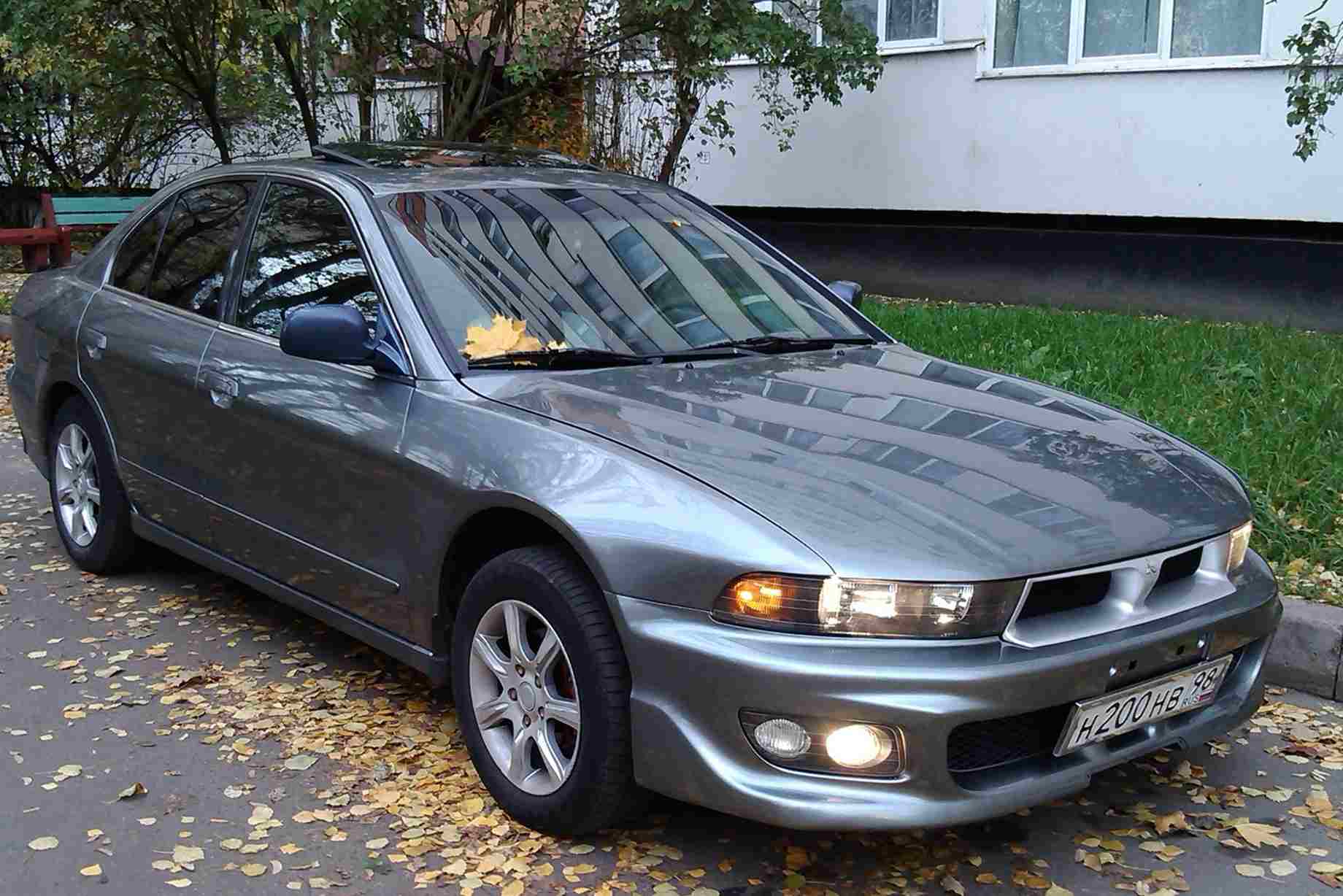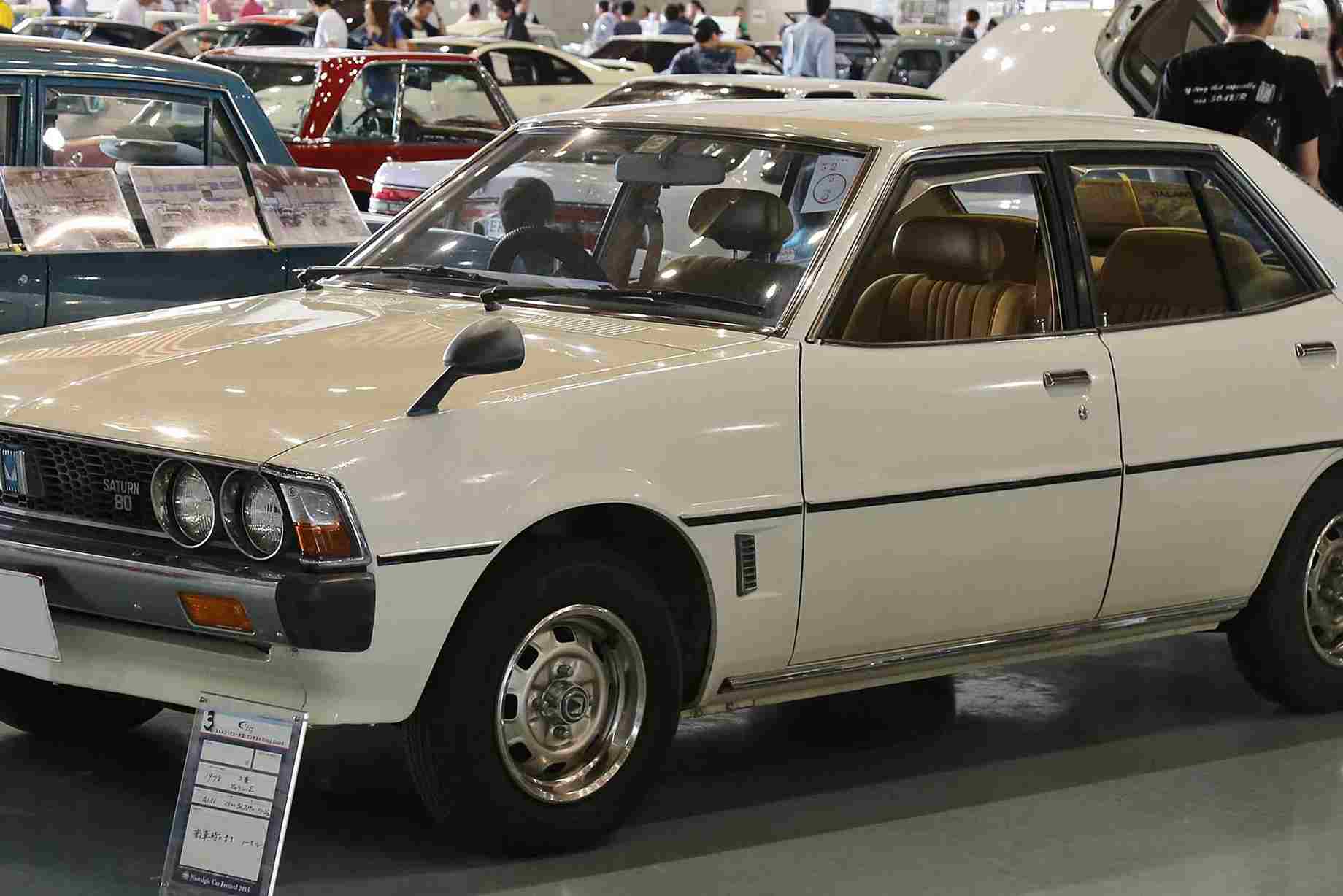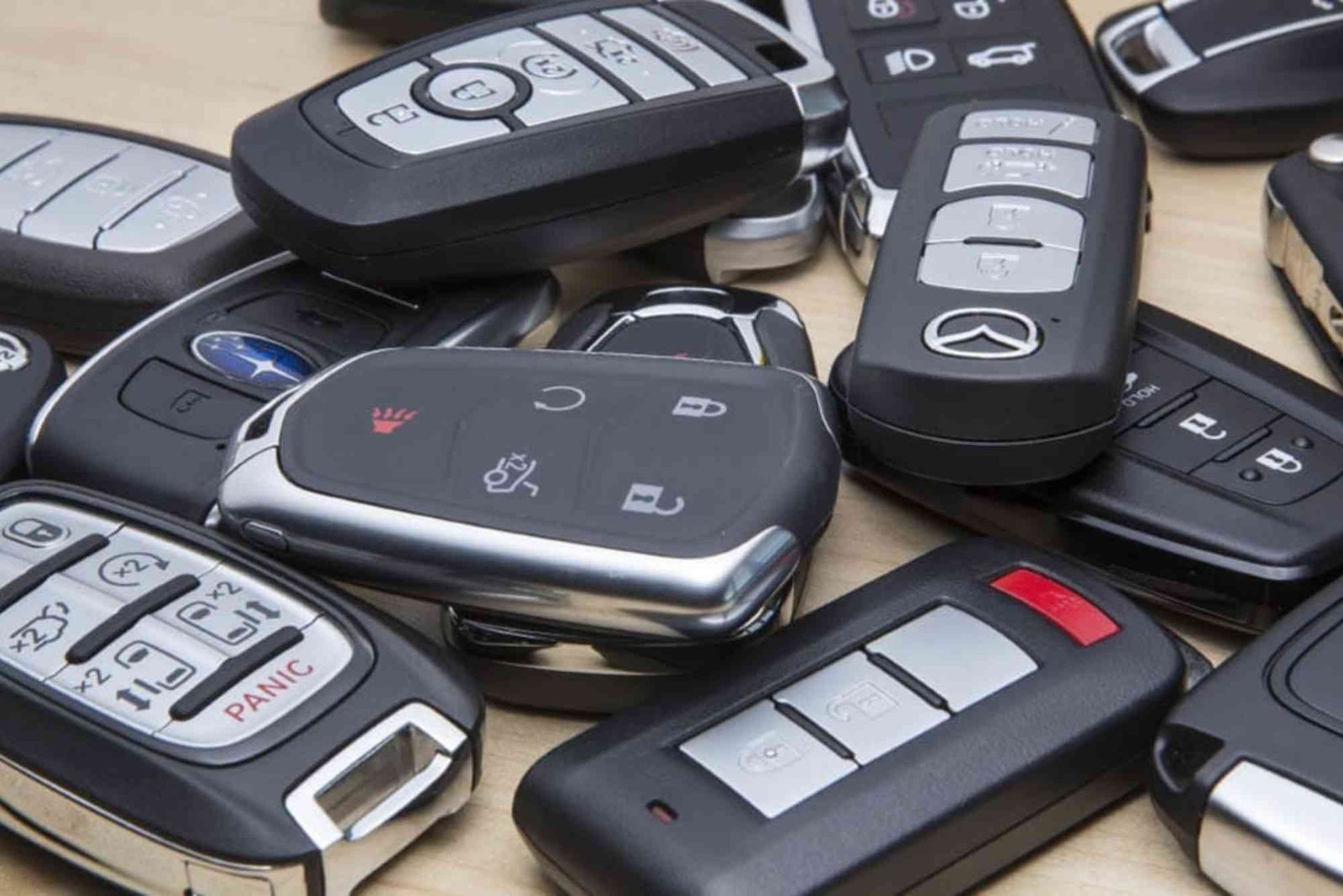The Mitsubishi Galant automobiles hold a significant place in the automotive history of Japan. Known for their reliability and performance, the Galant series has been a popular choice among consumers since its inception. This article explores the history, features, specifications, and legacy of the Mitsubishi Galant automobiles, highlighting why they remain relevant in today’s market.
History of the Mitsubishi Galant
The Mitsubishi Galant was first introduced in 1969 as a compact sedan. Over the years, it has evolved through various generations, adapting to changing consumer preferences and technological advancements. The Galant was initially designed to compete with other compact sedans in Japan, such as the Toyota Corona and the Nissan Bluebird.
First Generation (1969-1973)
The first-generation Galant was notable for its unique styling and efficient performance. It was available in various body styles, including a two-door coupe, four-door sedan, and five-door station wagon. This generation laid the foundation for the Galant’s reputation for durability and practicality.
Second Generation (1973-1976)
The second generation of Mitsubishi Galant automobiles saw improvements in size and comfort. With a more spacious interior and enhanced safety features, this generation appealed to families and young professionals. The design became more refined, reflecting the changing tastes of consumers.
Third Generation (1976-1980)
The third-generation Galant introduced the concept of a sportier sedan. This generation featured a more aerodynamic design and improved handling characteristics. It was during this time that the Galant began to gain recognition in motorsports, further solidifying its reputation as a performance vehicle.
Fourth Generation (1980-1987)
This generation marked a significant turning point for the Mitsubishi Galant automobiles. With the introduction of turbocharged engines and four-wheel drive options, the Galant catered to a wider audience. This period also saw the introduction of the Galant VR-4, a high-performance version that competed successfully in rally racing.
Fifth Generation (1987-1992)
The fifth-generation Galant continued to evolve with a more modern design and advanced technology. The introduction of features such as anti-lock brakes and fuel injection made the Galant more appealing to a broader audience. The focus on safety and performance helped the Galant maintain its competitive edge in the market.
Sixth Generation (1992-1998)
During the sixth generation, the Galant underwent a complete redesign, resulting in a sleeker and more sophisticated appearance. The interior received significant upgrades, with improved materials and technology. This generation also introduced the Galant ES, a model focused on comfort and luxury, further broadening the appeal of the Mitsubishi Galant automobiles.
Seventh Generation (1998-2003)
The seventh generation marked the transition of the Galant into a midsize sedan. This generation offered more spacious interiors and advanced safety features, including side airbags and stability control. The Galant continued to receive accolades for its comfortable ride and dependable performance.
Eighth Generation (2004-2012)
The eighth generation was marked by a focus on design and performance. With a more aggressive stance and sporty features, this generation aimed to attract a younger demographic. The introduction of the Galant Ralliart, a performance-oriented version, showcased Mitsubishi’s commitment to producing exciting vehicles.
Discontinuation and Legacy
The production of the Mitsubishi Galant automobiles officially ended in 2012, with Mitsubishi shifting its focus to SUVs and crossovers. However, the Galant left a lasting legacy as a dependable and versatile sedan. Its presence in various motorsport events and consumer markets around the world has solidified its reputation in automotive history.
Features of Mitsubishi Galant Automobiles
The Mitsubishi Galant automobiles have always been known for their blend of style, performance, and practicality. Here are some notable features that have defined the Galant over the years:

Performance and Engine Options
The Galant has offered a variety of engine options throughout its history, ranging from efficient four-cylinder engines to powerful V6 options. This variety has allowed consumers to choose a model that suits their driving style, whether they prioritize fuel efficiency or performance.
Interior Comfort and Technology
Comfort has always been a hallmark of the Mitsubishi Galant automobiles. The interior design has evolved to include spacious seating, quality materials, and advanced technology. Features such as touchscreen infotainment systems, Bluetooth connectivity, and premium sound systems have become standard in later models.
Safety Features
Mitsubishi has consistently prioritized safety in the Galant. The introduction of advanced safety features such as anti-lock braking systems, traction control, and multiple airbags has made the Galant a secure choice for families and individuals alike.
Design Aesthetics
The Galant has undergone numerous design transformations, each one reflecting the trends of its time. From the classic lines of the earlier generations to the modern styling of the later models, the Galant has always aimed to provide an appealing aesthetic to consumers.
Specifications of the Mitsubishi Galant
Here’s a table summarizing the specifications of various Mitsubishi Galant models:
| Model Year | Engine Options | Horsepower | Fuel Economy (mpg) | Features |
|---|---|---|---|---|
| 2004 | 2.4L I4, 3.8L V6 | 160-230 | 20-28 | ABS, Airbags, Sunroof |
| 2005 | 2.4L I4, 3.8L V6 | 160-230 | 20-28 | Leather Seats, Navigation |
| 2006 | 2.4L I4, 3.8L V6 | 160-230 | 20-28 | Bluetooth, Premium Audio |
| 2007 | 2.4L I4, 3.8L V6 | 160-230 | 20-28 | Alloy Wheels, Stability Control |
| 2008 | 2.4L I4, 3.8L V6 | 160-230 | 20-28 | Keyless Entry, Heated Seats |
| 2009 | 2.4L I4, 3.8L V6 | 160-230 | 20-28 | Rearview Camera, Remote Start |
| 2010 | 2.4L I4, 3.8L V6 | 160-230 | 20-28 | Backup Sensors, Dual Zone Climate |
| 2011 | 2.4L I4, 3.8L V6 | 160-230 | 20-28 | Sunroof, Power Adjustable Seats |
| 2012 | 2.4L I4, 3.8L V6 | 160-230 | 20-28 | Touchscreen Display, Leather Trim |
Why Choose Mitsubishi Galant Automobiles?
Reliability
One of the standout qualities of the Mitsubishi Galant automobiles is their reliability. Owners often report fewer maintenance issues, making it a smart choice for those seeking a dependable vehicle.
Affordability
The Galant has historically been priced competitively, making it an attractive option for budget-conscious consumers. The combination of features, performance, and affordability has contributed to its popularity.
Versatility
The Galant’s versatility makes it suitable for various lifestyles. Whether used for daily commuting, family trips, or recreational activities, the Galant delivers a well-rounded driving experience.
Resale Value
Due to its reputation for reliability, the Mitsubishi Galant automobiles often retain their value well. This factor makes them a worthwhile investment for buyers looking to purchase a used vehicle.
The Mitsubishi Galant automobiles have carved a niche in the automotive landscape with their rich history, impressive features, and reliable performance. Although production has ceased, the legacy of the Galant continues to resonate with enthusiasts and consumers alike. As a symbol of Japanese engineering, the Galant remains a testament to Mitsubishi’s commitment to producing quality vehicles that stand the test of time.










